Dissecting The Social Dilemma (Part III)
Spoiler alert! Part I and Part II
PART III.
Are all our political ideas the result of Conspiracy Theories?

We are half-way into the documentary and, as in any story, this is where the big revelations and tensions develop.
Randima Fernando, former Product Manager of Nvidia and co-founder of the Center for Humane Technology, offers some staggering statistics about the exponential evolution of technology in comparison with the null evolution of our hardware, our brain.
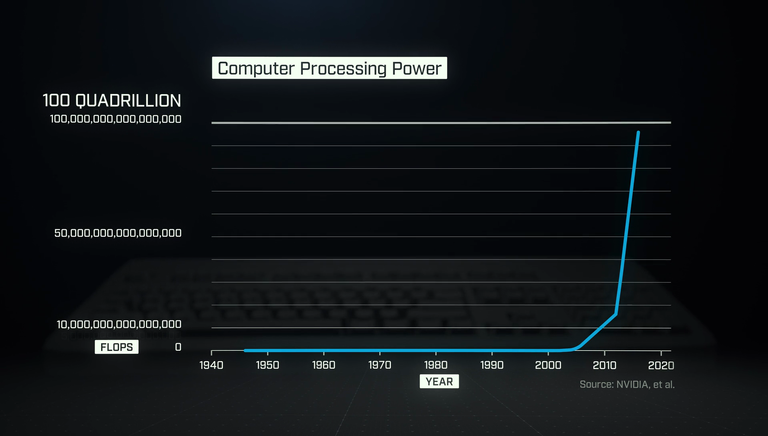
This evolution is measured in the processing power of computers, which has grown like nothing else humanity has invented. But the comparison that Harris makes with the human brain as some kind of outdated hardware that has not and will not physically change, makes it look as if the human brain’s processing capacity has not improved at all since pre-history.
True, we can’t compete with a super computer (probably not even with an average computer), but aren’t the very inventors of all the technology that has made possible super computers and the manipulation tools operating social media proof of the human brain's ingenuity and evolution?
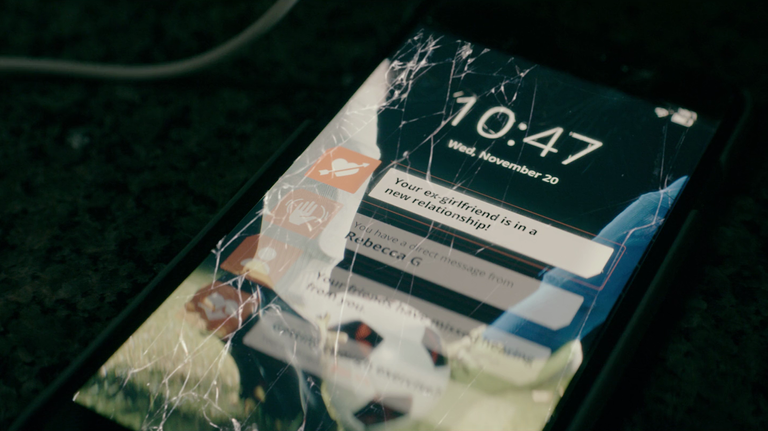
For Tristan Harris “A.I. already runs the world.” All these experts agree that algorithms, even if they are man-made, take a life of their own. The machines learn to do whatever they were programmed to do better, and no one seems to know how they do it.
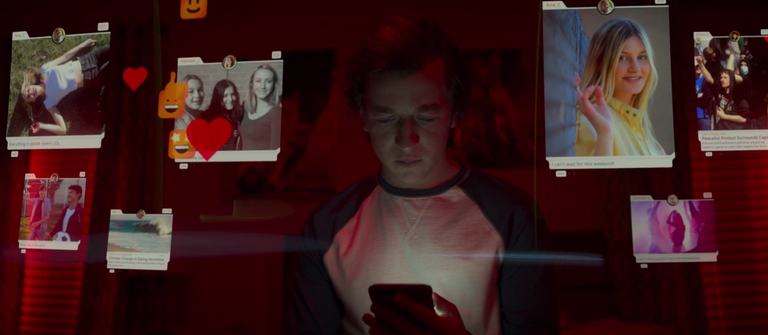
Here we see in the dramatization the three A.I. entities data-storming about the subject’s inactivity in the network and they find that hundreds of other subjects located around him seem to be in similar situations, so they decide to explore another option to activate the subject and have it back on line: politics!
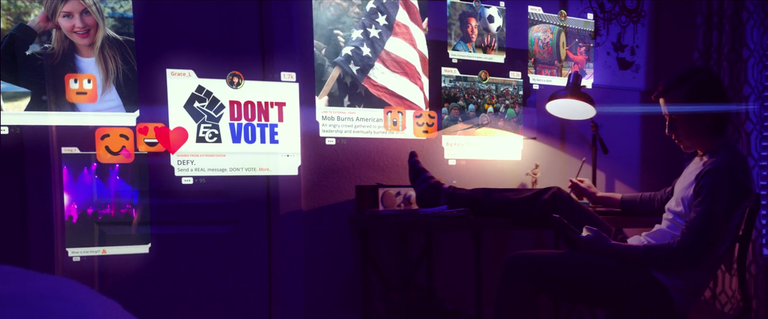
They know he has shown some interest for the “radical centrists” (they could not have come up with a greater oxymoron) whose protests were mentioned by the father at the table and censored by the mother who did not want to have politics as conversation topic.
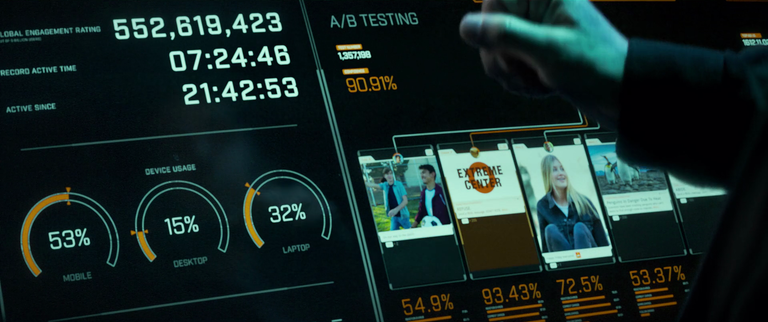
One of the most dramatic aspects to illustrate how A.I. manipulates people’s perception of reality is through the customized feeds. It is illustrated this way: unlike, say Wikipedia, which allows users to see the same regardless of who they are and where they are accessing from, pages like Twitter, Facebook or Google will give every user a different menu based on previous interactions. The biggest danger of this situation is that people in your feed seem to agree with you, but according to the interviewees, you do not even get to “pick your friends or links you follow”. Like the magician’s card trick, you’re picking the card the magician has set up for you to.
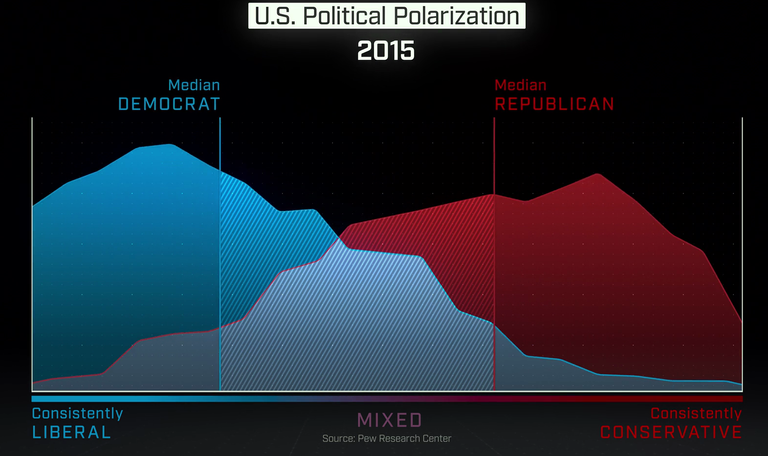
Consequently, our sense of intolerance (political polarization) allegedly derives from our frustration because people who think and act different than us refuse to see all the facts and information we see. It is argued that this is because “they do not see the same information.” That is certainly a possibility because people in social media, as in real life, tend to associate with those with similar interest and ideas. Who wants to be arguing all the time with people who express their differences sometimes aggressively? That being said, there is a certain level of intellectual responsibility that drives us to want to know about the other, even when we disagree with their world views.
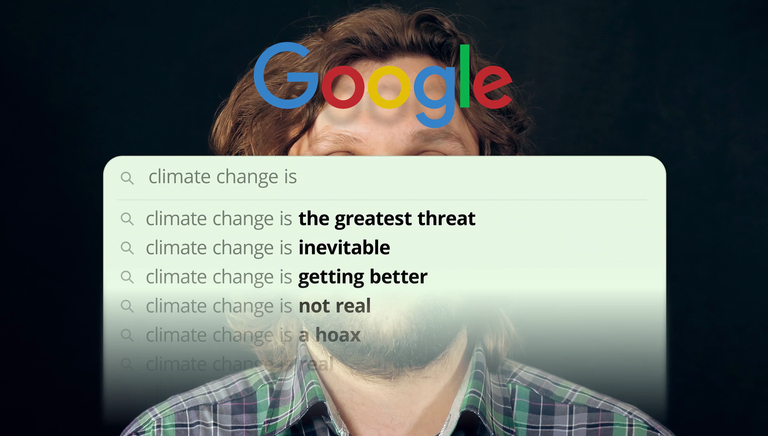
My disagreement with the current government of Venezuela and its followers, for instance, is the result of more than 20 years experiencing their failed and corrupt policies and the careful study of the ideas that inform their ideology. My disagreements with anyone who supports them from outside, without having ever experienced what it is like to live deprivations, violence, corruption, and inefficiency is more than justified.
The documentary fails to acknowledge the life experience element in people’s decision making. I refuse the idea that every idea we conceive and every decision we make is simply the result of algorithmic manipulations. There is a physical world many people still experience and feel on a daily basis. There are political actions with social and economic consequences that people experience beyond a screen.
They provide the example of the flat-earth conspiracy theory. This is one we can laugh about because there is scientific proof that has shown the opposite for centuries. That some people even today can believe the earth is flat cannot be conceived as manipulation technology success but as the success of human stupidity. To cite the case of a basketball player (with all due respect to the majority of reasonable athletes) is not exactly a convincing case of how A.I. can make smart people change their minds about proven facts.

The next example is the “Pizzagate” conspiracy theory. Now the documentary starts sounding more as an apology to every conspiracy that is associated with Democrats/Progressive/Liberal agendas. The anti-vaccine groups are put in the same category of the kind of people who gets easily manipulated by A.I. to believe things that, like the flatness of the earth, are totally false. And I think here’s where the documentary gets messy. Some truths are harder to prove than others. Some conspiracies are even pointless to try to prove in the great scheme of things.
Venezuelans do not need to prove that Hugo Chavez participated of human sacrifices, especially of babies, to conclude that he was the devil incarnate. He did plenty to atrocious things live on TV that contributed to the destruction of his own country’s economy and culture (no need from the empire was needed). Chavez’s obliteration of the separation of powers, his blatant violations of the constitution (especially turning the military into political actors at the service of the government and not of the country), among many other things, is enough to despise him and everything he represents. I do not need outrageous conspiracy theories to distract my attention of what is obvious and I cannot accept as a valid correlation that the impossibility of proving a conspiracy theory negates what has already been proven: that socialist ideas failed in Venezuela, as they have failed everywhere else because they are used as means to an end: power for power's sake at the expense of peple's oppresion.
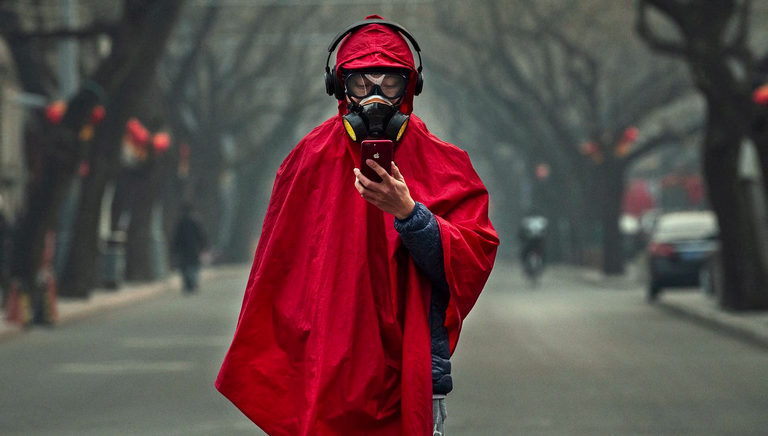
The documentary adds conspiracies about climate change and Covid-19 to the list of fake news that is shared 6 times faster than real news. But can we know what is true and what is not? Some news are obviously as outrageous as the idea that the earth is flat, but what do we make of more complex issues like the origin of the virus, whether or not it was intentionally released and by who, etc.?
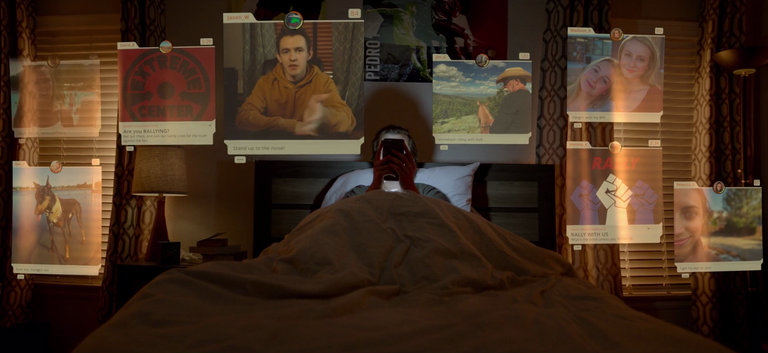
As the character in the dramatization gets more and more involved into “politics”, which is to say into conspiracy theories (as if that were the only way of political involvement thanks to A.I. manipulation), he becomes more alienated and self-destructive.
We get to the point where the big issue is revealed: Facebook and all other social media with their manipulation power can be weaponized by a dictator. Now, so far, the documentary has depicted what we traditionally associate with a conservative mentality (anti-vaccines, anti-big-State, anti-climate change, etc.) as the predominant fake news circulating and manipulating people. What happened with liberal agendas on social media? Do they exist? Are they harmless? Shouldn’t we be discussing them also? All dictators in Latin America (Diaz Canel in Cuba, maduro in Venezuela, Ortega in Nicaragua) got to power and have stayed in power by invoking precisely many of the ideas that are sponsored and espoused by liberal agendas (big state, controls, restriction to private companies, redistribution of wealth, free healthcare and education, minority rights, etc.). Shouldn’t we also discuss these connections and the global consequences? The documentary does not do it. I’ll do it in the next post.
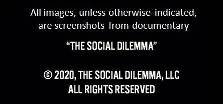

Thanks for taking the time to read through


https://twitter.com/yagguaraparo/status/1318406478169051136
Again, living in South Africa, and having lived through Apartheid and Zuma, I could not agree more. What is coming out in the State Capture/Zondo Commission is astonishing. It's adding to my already severe case of jaundice
Posted using Dapplr
So I have read. Our countries have been marked by all kinds of abuses and corruption. I hope one day all that will be punished and minimized. I guess asking for erradication of corruption in governments is just pointless.
I agree that the is always corruption. Our former Public Protector, Thuli Madonsela, when talking about the corruption around PPE, mentioned the corruption associated with the aftermath of 9/11. The issue is the scale, impunity and whether or not the leadership is rotten. A fish rots from its head. Too many rotting fish results in a cesspool.
Congratulations @hlezama! You have completed the following achievement on the Hive blockchain and have been rewarded with new badge(s) :
You can view your badges on your board and compare yourself to others in the Ranking
If you no longer want to receive notifications, reply to this comment with the word
STOPDo not miss the last post from @hivebuzz:
Esto solo puedo decirlo en español y tú le pones el tono: "¡Según Peak, yo y que no te seguía! ¡¡¡Güeeeeh!!!
Aparte, tu análisis (tengo que leer las otras dos partes) me deja pensando: "¡Qué vaina! (con ese tono que le ponemos los venezolanos con toda la caraga denuestra experiencia a cuestas).
(Aparate aparte: ¿Lo de el dictador venezolano con eme minúscula es a propósito? De paso, minúsculo es; sería apropiado.
¡Un abrazo!
Saludos, @adncabrera.
No me sorprende lo del following. Hace poco actualicé mi lista de seguidores y empecé a dejar de seguir cuentas que tenían un año o más inactivas. La página se actualizaba repentinamente y accidentalmente dejé de seguir a cuentas que estaban debajo de las inactivas.
Lo del dictador es intencional. Procuro minisculizarlo cada vez que puedo. Es por ahora la única protesta que puedo hacer.
Hi @hlezama, your post has been upvoted by @bdcommunity courtesy of @rem-steem!
Support us by voting as a Hive Witness and/or by delegating HIVE POWER.
JOIN US ON
Thank you very much for your support